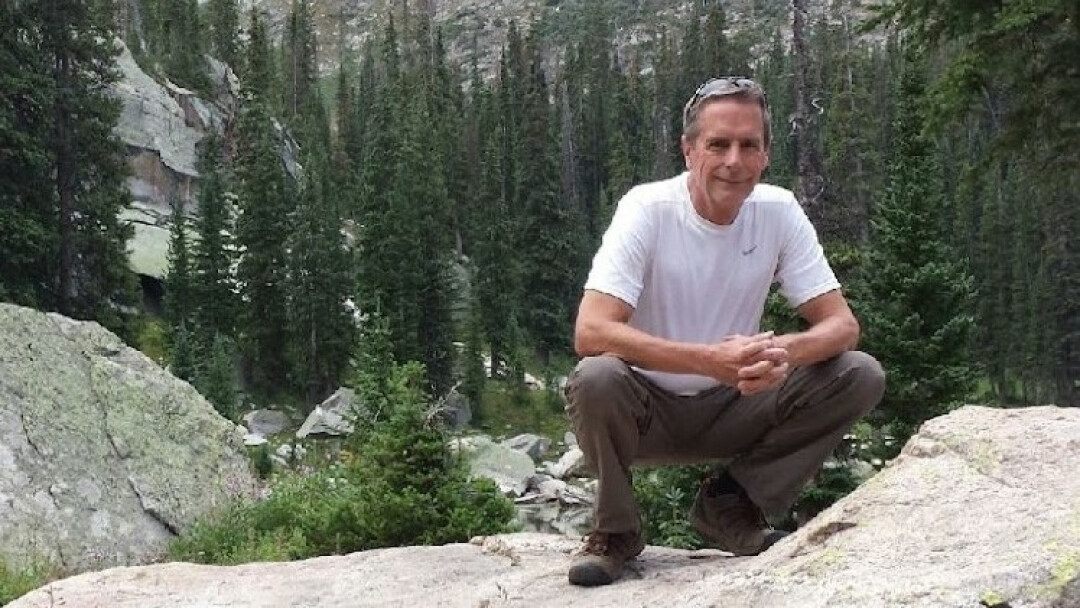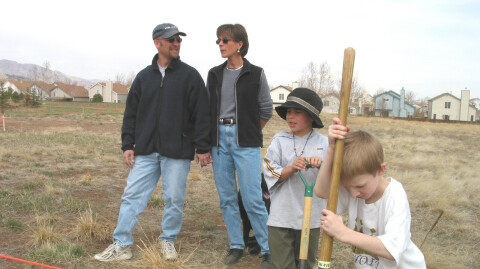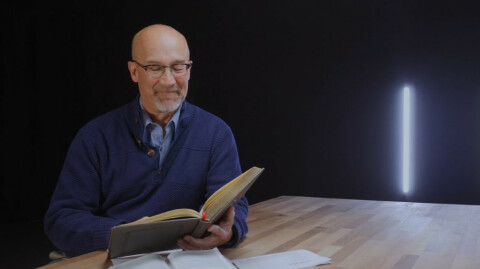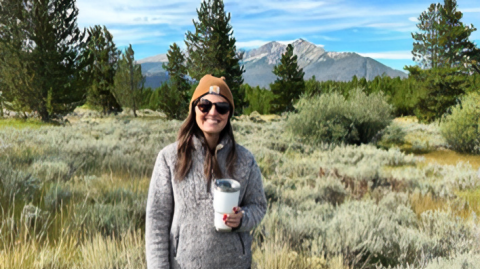
Hello Waterstone! We hope that Larry is having a restorative Sabbatical, and while he’s gone the Justice Team will continue with a BLOG TAKEOVER for the summer!
You may have heard mention of Waterstone’s Justice Class. The Justice Class, now updated, condensed, and renamed The Bible, Justice, and Me, is one of the primary ways Waterstone Church helps people learn about and engage with God's heart to bring about his love, justice and mercy in our community. Throughout the summer, a handful of participants will share their thoughts and experiences with the class.
I’m Bruce Swanson and this week it is my turn to talk about immigration. In my role as a Waterstone Elder and the instructor of The Bible, Justice, and Me course, this topic is really important to me.
“Immigration”—a sure-fire way to light up a sleepy family reunion. The topic has plenty of controversy hard-wired into it but this blog will be a pleasant walk in the park.
I lied. We will confront a couple of biblical commands—both difficult to obey—and some unsettling history.
First command from Ephesians 4:2
Be completely humble and gentle; be patient, bearing with one another in love.
Jesus knows that life creates plenty of raw material for his family to argue and dislike each other over and he wants none of it. So, a hot subject like immigration gives us lots of opportunities to grow in obedience to our Lord. Does someone talk up an immigration position you can’t stand? Bear with them in love. But, but, but…Sorry, no buts about it!
Second command: During our class this spring, Nick Lillo walked us through many biblical passages where God tells his people to love and have compassion on “the foreigner/immigrant.” Nick reminded us that, back in Bible times, there was no issue of “legal/illegal” but simply “insider/outsider.” “Outsider” meant no community safeguards against disaster or mistreatment so God told his people to love on those vulnerable outsiders.
Putting this command into practice in our current setting gets tangled so we need some perspective from history.
Over the past 150 years, immigration came in waves, with different peoples forming the majority of each wave: Chinese, Italians and southern Europeans, Greeks, Filipinos, Japanese, Catholics of various countries, Irish, eastern Europeans, etc. The established majority routinely described new immigrants as:
- Dirty, diseased, and dangerous.
- Corrupters of American values, way of life, and security.
- Polluters of America’s bloodlines and superior white culture. (This was stated up front without euphemisms.)
You can read the original sources reproduced in the books at the end of this blog—news articles, campaign literature, opinion pieces, political cartoons, legislation passed at local and national levels, and sermons in churches.
Here’s a chilling illustration. If you google “biggest mass lynching” you will see competing answers from the late 1800s—19 Chinese in LA or 15 Italians in New Orleans.
The fact that the waves of immigrants brought amazing talent and hardworking people, now integral to American society, shows how slanderous and wrong the vilifying talk was.
So, whatever your or my views of immigration, as God’s people we must not hate the foreigner/immigrant! We must guard against our society’s history of doing exactly that.
Beyond the command to love the foreigner, immigration gets really confusing. How does our government secure our borders? What policies should be in place about people who enter illegally? What about their kids, legal citizens by birth? Are there win-win pathways to citizenship? Do immigrants take jobs away from those already here or do they, on balance, create jobs? How do we deport undesirables and who defines who they are?
In The Bible, Justice, and Me class we did not try to answer all those questions. (If we did, we would still be meeting—six months later!) But, Denise Chang walked us through the current realities for refugees and asylum-seekers in the Denver area. Denise, a Waterstone member, founded the Colorado Hosting Asylum Network (CHAN), which helps churches and families come alongside approved asylum-seekers to get them established with housing, jobs, language, and supportive community. She and her organization are seen by the media and local governments as effective responders in this arena, which is saying something! (See the link to CHAN at the end of this blog.)
Waterstone people have also played important roles in helping some families evacuated out of Afghanistan to settle in the Denver area. In the class, they told us a bit of their story and the richness of the experience, including multiple ways in which God “showed up.”
- You can be loving to an immigrant in simple, natural ways like chatting with obviously-immigrant parents watching their kids at the Clement Park playground. Or, taking brownies to a newly-arrived neighbor, or encouraging your kids to sit with an immigrant classmate kind in the school lunchroom.
- You can show love to an immigrant in longer term ways by volunteering with CHAN or engaging in roles with other Waterstone ministry partners. Connect with Kylie Watters.
- You can engage as a citizen by factoring in your own application of loving the foreigner as you vote in elections.
- You can find a safe place to talk about all this gnarly stuff. (One of us blog authors would be a great place to start).
For me, immigration does not feel personal, even though I am the third generation of immigrants on both my mom’s and dad’s sides. My grandparents came from ‘desirable’ areas—Scotland and Sweden—so they were able to assimilate freely. It feels like my family has always been here. That means I need to learn from others’ experiences and I need to rub shoulders with those for whom immigration is personal. That helps me embrace God’s command to love the foreigner/immigrant. As Waterstone, let’s find our own, personal ways to do that better and better as we face the impossibly-complex issue of immigration.
RESOURCES
Below are resources and recommendations you may consider checking out. Note that these resources have been picked by the author, the Justice Team or were incorporated into The Bible, Justice and Me presentations.
Local Serving Opportunity
CHAN: Info about purpose, strategy, etc, with links to news, videos, social media posts, and stories.
Books
The Making of Asian America by Erica Lee
An exhaustive study of Asian immigrants and their descendants.
Fever in the Heartland by Timothy Egan
A detailed account of how the KKK used anti-immigrant sentiment to gain a huge following in the 1920s-30s from the Midwest to our front range cities.
Working Toward Whiteness by David Roediger
For the history nerds among us. A dense treatment of immigration and how scorned groups eventually became acceptable.
A Netflix Series
Descendant a 2022 American historical documentary film directed by Margaret Brown
A documentary about a group of people living in Africatown, Alabama, and the weight of history that bears down on them. They are descendants of the last known slaves brought to the United States. Their ancestors were kidnapped and taken to Mobile Bay in either 1859 or 1860 aboard a ship called the Clotilda. The wreck of the ship was discovered in 2019, and director Margaret Brown seeks to understand how it has impacted the lives of Africatown's residents.




